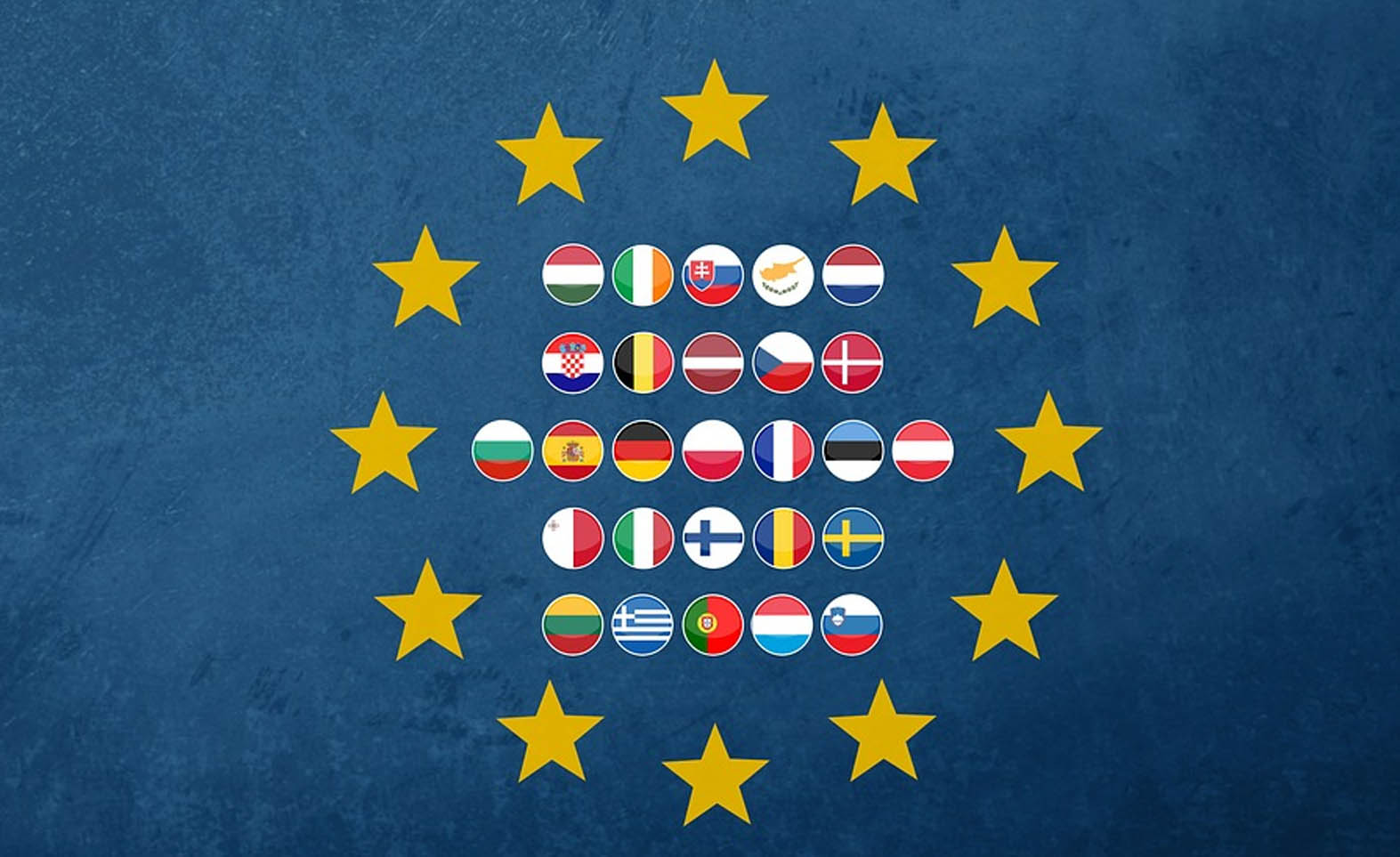
September 23, 2024
During the ninth round of five-day negotiations, the discussions will encompass a free trade agreement, an investment protection agreement, and an agreement on geographical indications (GIs)
Indian stakeholders' concerns about the EU's sustainability measures, including the Carbon Border Adjustment Mechanism (CBAM) and deforestation regulations, will be addressed
The CBAM, set to take effect on January 1, 2026, will initially impact seven carbon-intensive sectors, including steel and cement, prompting Indian apprehensions over its potential effects on exports
According to the Global Trade Research Initiative (GTRI), the EU's Deforestation Regulation could negatively affect Indian agricultural exports valued at US$1.3 billion starting December 2024

Senior officials from India and the 27-nation EU are set to commence the next round of negotiations for a proposed free trade agreement on September 23, 2024. This agreement aims to enhance bilateral trade and investments between the two regions. During the discussions, both sides will focus on a free trade agreement, an investment protection agreement, and an agreement on geographical indications (GIs).
The five-day negotiations will be the ninth round of talks, during which the concerns of Indian stakeholders regarding the EU’s sustainability measures—such as the CBAM and deforestation regulations—will be a key topic of discussion. Officials noted that core trade issues, including goods, services, investment, and government procurement, will be addressed, along with necessary regulations like rules of origin and sanitary and phytosanitary measures.
The CBAM, a carbon tax imposed on seven carbon-intensive sectors, will take effect on January 1, 2026. India has expressed concerns about the potential impact of this regulation on its exports to the EU. The GTRI highlighted that the EU’s Deforestation Regulation could significantly affect India’s agricultural exports worth US$1.3 billion starting in December 2024.
The GTRI pointed out that Indian businesses are apprehensive about the adverse effects of the carbon tax and other regulations. These measures could lead to a situation where EU products continue to enter India at zero duties. In contrast, Indian products might face tariffs equivalent to 20-35% due to CBAM charges.
Negotiations for the free trade agreement resumed in June 2022 after being stalled for over eight years due to various disagreements. The talks began between 2007 and 2013 but were hindered by differences over market access, intellectual property rights, labour standards, and sustainable development.
GTRI’s findings indicated that while the EU seeks tariff elimination on over 95% of its exports, including sensitive agricultural products and automobiles, India is willing to open only about 90% of its market and remains reluctant to lower tariffs on bulk agricultural products.
Ajay Srivastava, founder of GTRI, noted that if the agreement is successfully concluded, major Indian exports like ready-made garments, pharmaceuticals, and steel will become more competitive. The services sector is also expected to benefit significantly, with potential telecommunications and business services growth.
In 2023, total trade between India and the EU surpassed US$200 billion, with India exporting US$75.18 billion in goods and US$31.13 billion in services, while the EU exported US$63.44 billion in goods and US$31.35 billion in services to India.
Source: Economic Times